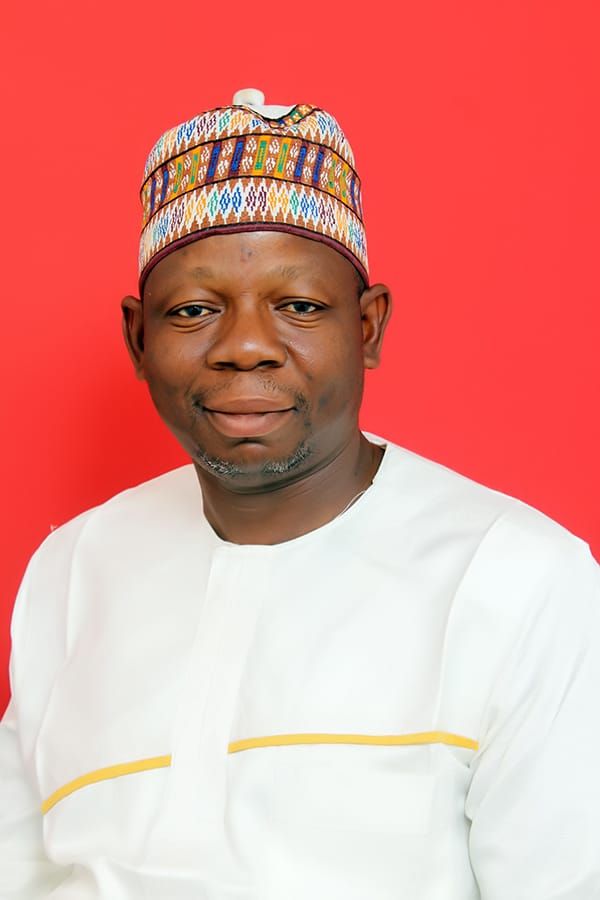By Gedel Ahmed
THE RECENT attempt to distort the legal and historical facts surrounding the ownership and chieftaincy of Nima is unfortunate and must be corrected with clarity, civility, and historical integrity. Let us respectfully set the record straight.

- Land Ownership vs. Chieftaincy Jurisdiction: Two Distinct Realms
There is a critical legal and customary distinction between land ownership and traditional chieftaincy administration. While Gbese Stool may have played a supervisory role in traditional affairs historically, the land known today as Nima was legally and rightfully granted to the Fulani settlers by the Nii Odoi Kwao family of Osu in 1931. This is not a sentimental narrative — it is supported by historical land transactions and documented in court records.

The Nii Odoi Kwao family remain the original landlords and grantors of Nima lands. The Fulani settlers, including the Gimbala lineage, were lawful grantees, and this historical bond was cemented through mutual respect, not subjugation.
- On the 1931 Kusum Customary Rites
The performance of Kusum rites in 1931 was a customary gesture of settlement, not an act of land ownership. It does not negate the fact that the land was granted by the Odoi Kwao family. One must not conflate ceremonial recognition with freehold ownership or allodial title. The claim that the Odoi Kwao family lacks jurisdiction is misleading. They are the custodians of the land. Period.
- The Gold Coast Chief’s List of 1941: What It Is, and What It’s Not
The reference to Mallam Amadu Futa’s 1936 installation and his appearance on the 1941 Chief’s List must be treated carefully. That list recognized political appointments at the time and does not automatically confer permanent chieftaincy legitimacy under evolving Ghanaian customary law. Furthermore, no chieftaincy can stand independent of or in contradiction to landowners’ acknowledgment, especially when it concerns installation sites or stool legitimacy.
Even more, being listed in a colonial-era register does not negate the necessity for lawful contemporary installation procedures under the Chieftaincy Act and the National House of Chiefs’ protocols.
- Jurisdictional Oversight Doesn’t Nullify Land Title
It is crucial to underscore that jurisdictional oversight by the Gbese Stool does not transfer ownership. The Odoi Kwao family may have had interactions with Gbese or received land from them historically, but the transfer of land rights to the Fulani community came directly from the Odoi Kwao family, as documented in multiple legal and customary records.
- Dignity and Dialogue Over Insults
The inflammatory tone of the initial statement, calling for the supposed “uncouth behavior” of respected stakeholders to be curtailed, is regrettable. Leadership and traditional affairs should be conducted with respect, humility, and evidence, not personal attacks or condescension.
Conclusion: The Way Forward
We affirm the long-standing relationship between the Odoi Kwao family and the Fulani settlers — a bond rooted in history, legality, and mutual respect. The coronation of Abbachina Gimbala IV was done lawfully, peacefully, and in accordance with traditions and endorsements from landowners and respected cultural stakeholders.
Let us preserve peace in Nima by respecting documented history over revisionist claims, and truthful reconciliation over political expedience.
Indeed, peace is not the absence of conflict, but the presence of justice. Let us anchor Nima’s future in truth and mutual respect.
Source: Nationaltymes.com

















